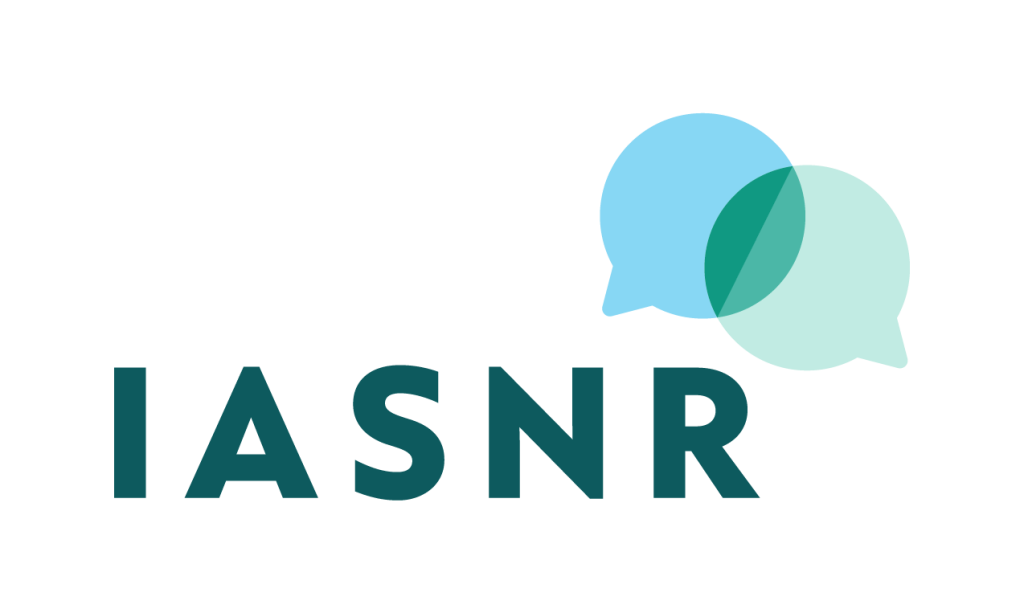A research opportunity is available with the U.S. Department of Agriculture (USDA) Forest Service (USFS), Pacific Northwest Research Station (PNW) located in Corvallis, Oregon.
At the heart of the U.S. Forest Service’s mission is their purpose. Everything they do is intended to help sustain forests and grasslands for present and future generations. Why? Because their stewardship work supports nature in sustaining life. This is the purpose that drives the agency’s mission and motivates their work across the agency. It’s been there from the agency’s very beginning, and it still drives them. To advance the mission and serve their purpose, the U.S. Forest Service balances the short and long-term needs of people and nature by: working in collaboration with communities and our partners; providing access to resources and experiences that promote economic, ecological, and social vitality; connecting people to the land and one another; and delivering world-class science, technology and land management.
Research Project: Join our forest and fire management research group at the Forest Service’s Pacific Northwest Research Station, where we seek to inform choices affecting sustainable resource management. This research opportunity deploys the BioSum modeling framework and Forest Vegetation Simulator to simulate forest ecosystem trajectories under management to enhance forests’ resistance to stand-replacing fire in several of the 21 Priority Investment Landscapes (PILs) identified under the nation’s Wildfire Crisis Strategy (WCS).
As a research fellow, you will analyze data from the national forest inventory to reflect the likely outcomes of plans to enhance fire resistance in these PILs in terms of the extent to which fire hazard can be moderated; the potential production of renewably produced wood products, including low value wood that might otherwise be burned and carbon emitted to the atmosphere without energy capture; the potential for biohubs to improve the economic feasibility of fuels management and how forest carbon dynamics and climate change mitigation will be changed by WCS implementation. Click here for more information.
